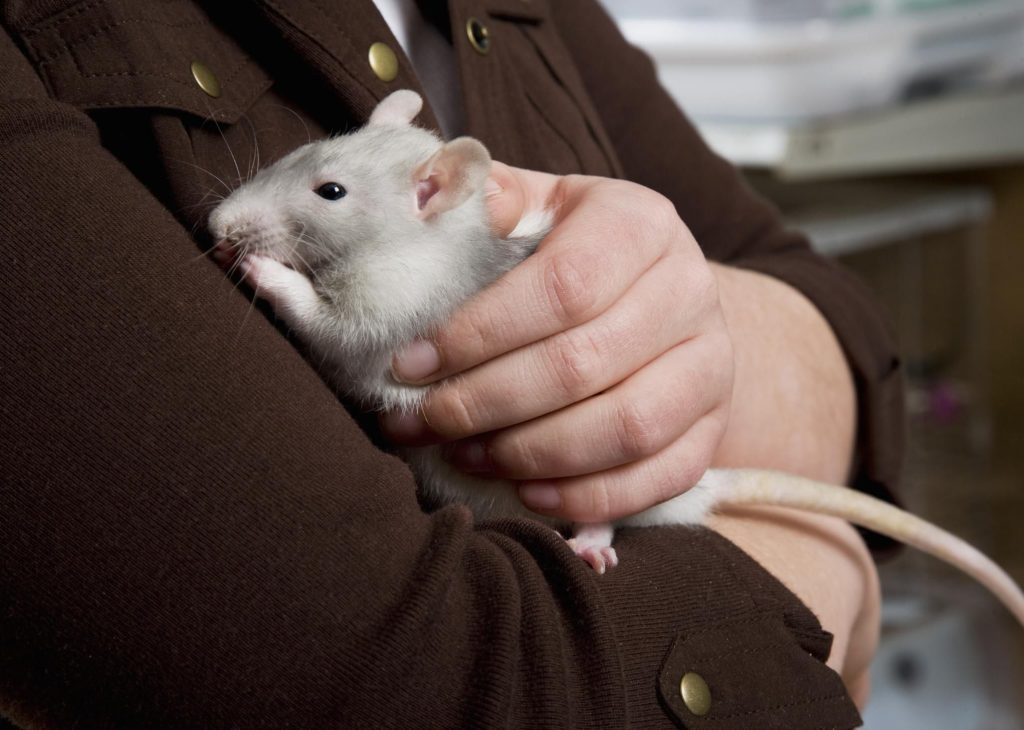Hamsters are popular pets, known for their cute and furry appearance and playful personalities. However, like all animals, hamsters are prone to illness and disease. It is important for pet owners to be aware of common hamster illnesses and their symptoms, so that they can seek veterinary care as soon as possible if their pet shows any signs of illness.

- Common Hamster Illnesses:
Respiratory Infections: Hamsters are prone to respiratory infections, which can be caused by a variety of factors including bacterial infections, viral infections, and allergies. Symptoms of respiratory infections include sneezing, wheezing, coughing, and rapid breathing. If left untreated, respiratory infections can lead to pneumonia and other serious health problems.
Wet Tail: Wet tail is a highly contagious bacterial infection that affects the digestive system of hamsters. It is characterized by diarrhea, unkempt fur, lethargy, and a foul odor. If not treated promptly, wet tail can be fatal.
Dental Problems: Hamsters’ teeth grow continuously throughout their lives, and if they are not worn down through chewing, they can become overgrown and cause dental problems. Symptoms of dental problems in hamsters include difficulty eating, drooling, and weight loss.
Skin Problems: Hamsters can develop skin problems such as fungal infections, mites, and other parasites. Symptoms of skin problems in hamsters include itching, redness, and hair loss.
Tumors: Tumors are relatively common in hamsters, especially in older pets. They can occur in any part of the body and can be either benign or malignant. Symptoms of tumors in hamsters include lumps or bumps under the skin, weight loss, and lethargy.

- Diagnosis:
If a hamster shows any signs of illness, it is important to take them to a veterinarian who specializes in exotic pets. The vet will perform a physical exam and may order diagnostic tests such as bloodwork, X-rays, or fecal exams to determine the underlying cause of the hamster’s symptoms.
- Treatment:
The treatment for hamster illnesses varies depending on the underlying cause and severity of the condition. In some cases, antibiotics or other medications may be prescribed to treat bacterial or viral infections. In other cases, surgery may be necessary to remove tumors or other growths.

It is also important for pet owners to provide their hamsters with proper nutrition and a clean and healthy living environment to prevent illness and disease. Regular veterinary checkups and good hygiene practices can also help to keep hamsters healthy and happy.